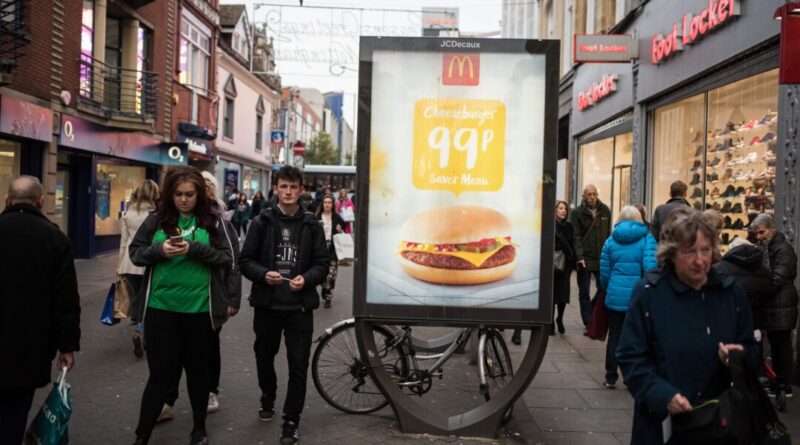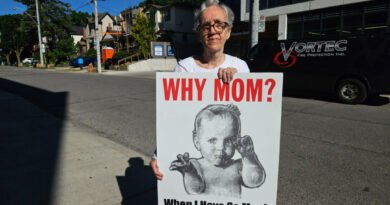Banning Junk Food Ads Before Watershed Time
According to the NHS, 25% of children experience tooth decay by the age of 5, mainly due to excessive sugar intake.
The Department of Health and Social Care (DHSC) anticipates that implementing a ban on junk food advertising before watershed will prevent around 20,000 cases of childhood obesity.
These new restrictions, set to take effect in October 2025, aim to eliminate 7.2 billion calories from children’s diets in the UK annually.
The ban will stop the airing of junk food and drink ads on TV before 9 p.m. and place a 24-hour restriction on paid-for online advertising of these products.
These measures are intended to reduce children’s exposure to unhealthy foods and combat the increasing rates of obesity-related issues like diabetes and heart disease.
By age 5, 23.7% of children face tooth decay, largely due to excessive sugar consumption.
The NHS spends about £6.5 billion yearly on treating obesity-related illnesses.
Secretary of State for Health and Social Care Wes Streeting stated, “Obesity deprives our children of a healthy start in life, leading to lifelong health problems and costs the NHS billions.”
He added, “This government is taking immediate action to prevent the targeting of junk food ads at children on both TV and online platforms, shifting healthcare focus from treatment to prevention.”
NHS National Medical Director Sir Stephen Powis emphasized the importance of prevention and welcomed the junk food ad ban.
Scope of the Restrictions
The DHSC guidance specifies the food and drink categories affected by the advertising ban.
The restrictions apply to products deemed “less healthy” based on a government scoring system, including soft drinks, snacks, cakes, chocolates, sweets, ice cream, and pastries.
David Fothergill, chair of the Local Government Association’s community well-being board, applauded the legislation but called for a comprehensive strategy to address childhood obesity.
The ban on junk food ads is part of the government’s initiatives to reduce sugar consumption, alongside the voluntary Sugar Reduction Programme introduced in 2016.
However, the program had limited success, with minimal sugar reductions in key product categories. In contrast, the Soft Drinks Industry Levy, implemented in April 2018, significantly reduced sugar content in beverages.



